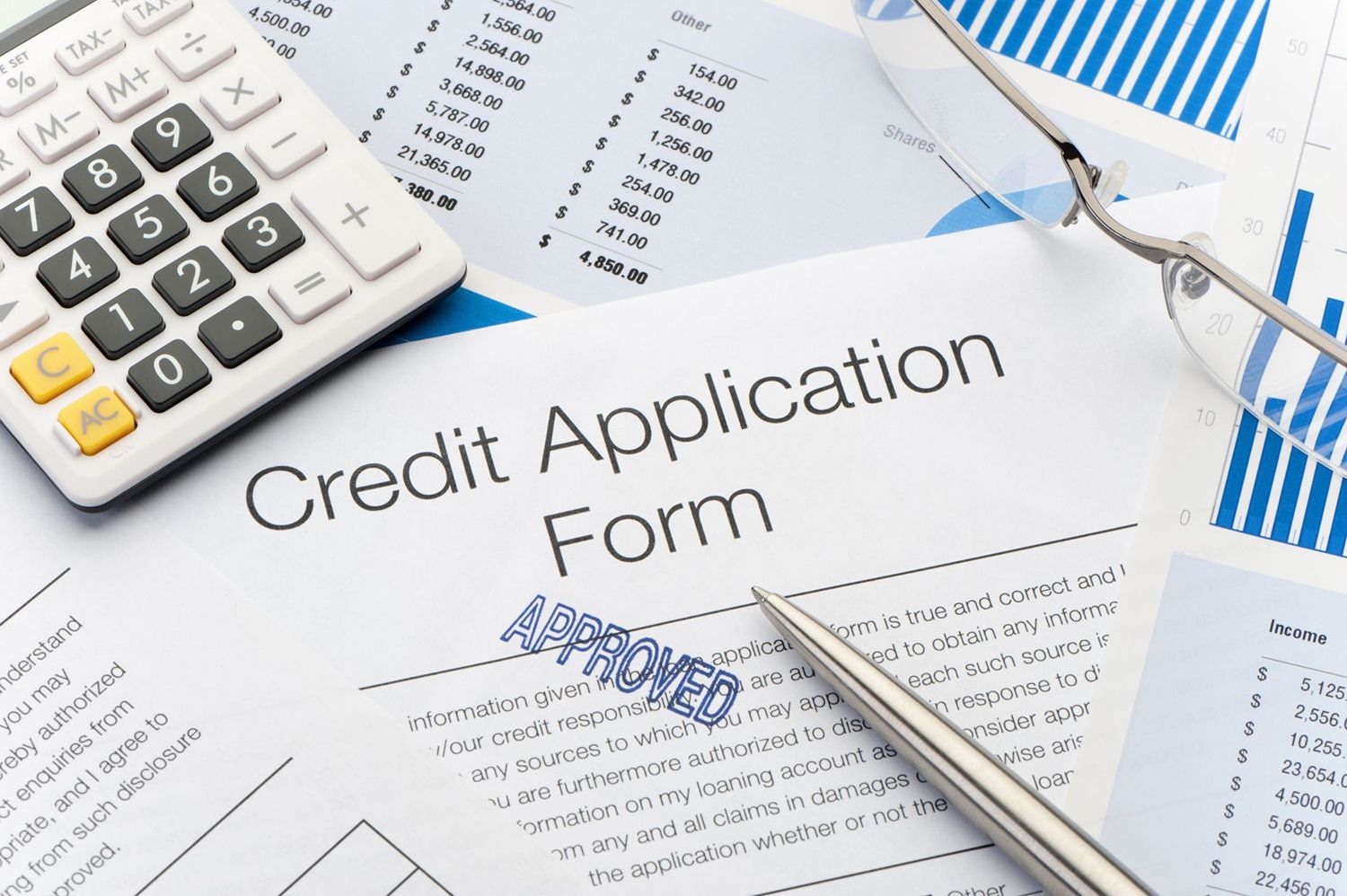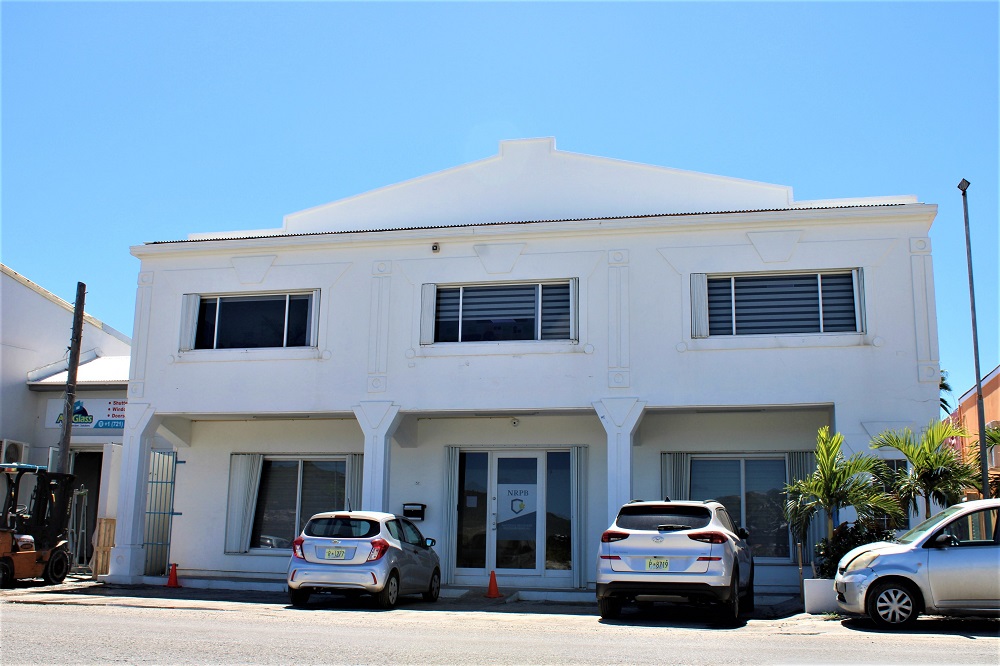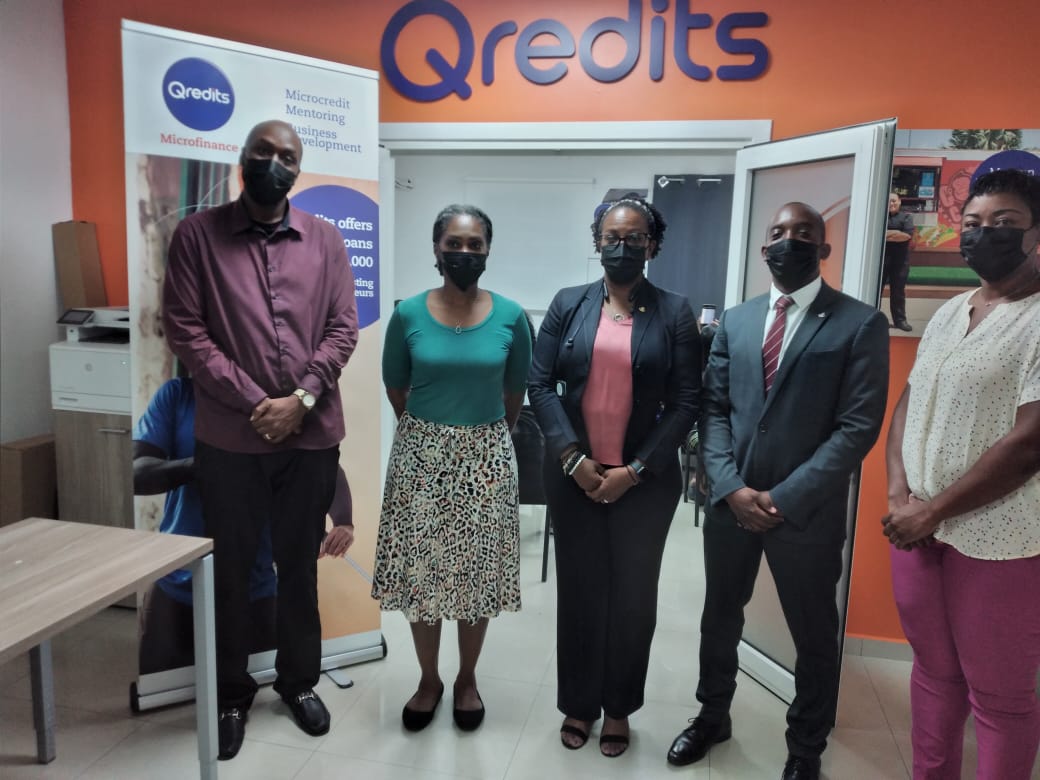Doing business in St. Maarten: bottlenecks and solutions (part 2)

2. Getting credit
PHILIPSBURG — Establishing a business in St. Maarten is an at times an expensive road littered with stumbling blocks. The Ministry of Home Affairs and Kingdom Relations and the Ministry of Economic Affairs, Tourism, Transport and Telecommunication commissioned a report to assess the local business climate, identify bottlenecks and recommend solutions. The report is produced by the Foundation Economic Research (SEO), the Economic Bureau Amsterdam (EBA) and Tackling Law.
Read Part 1. The Licensing System online here>>>
In this second episode in a series of articles based on the report we take a look at the troubles entrepreneurs encounter when they attempt to get credit for the establishment of a new business or for the expansion of an existent one.
Getting a loan to do something productive in the private sector should be easy. Right? Unfortunately, in St. Maarten it isn’t. Interest rates are high, collateral-requirements at times impossible and the confidence of banks that they will ever see their money back is low. Combine that with a lack of knowledge and skills among (starting) entrepreneurs and you have the perfect recipe for an economic disaster. But it does not have to be this way.
Let’s first examine the problems entrepreneurs in search of credit encountering on a regular basis.
According to the report, banks are reluctant to extend credit because they lack credible information about the creditworthiness of loan applicants. Firms often do not have a solid financial administration and they lack annual financial reports. And then there is this issue: many entrepreneurs lack basic financial and business expertise to start or run a small firm.
Related article: Minister Ottley launches training program for aspiring entrepreneurs
Banks are also wary of requirements to combat money laundering and the financing of terrorism. While the Central Bank only has two requirements for opening a bank account, banks often add unnecessary and superfluous rules that set the bar too high for a starting entrepreneur.
While the rest of the world has gone full-blown into electronic payment systems, St. Maarten lags behind: it is not possible to receive international payments using common e-payment solutions with a St. Maarten bank account. “St. Maarten is regarded as a high risk country from a money laundering perspective,” the report states.
Apparently, banks are not treating all loan applicants equal. “Local connections are important,” the report states. “Whether or not a business gets credit depends on who you know on the island. And banks may have an incentive to protect existing clients from new competitors.”
In 2021 the profitability of local banks came under pressure as the Non Performing Loan (NPL)-ratio increased from 9.4 to 11.8 percent. “This limited the banks’ capacity for provisioning organic capital growth. Nevertheless, the availability of bank capital does not seem to be a limiting factor,” the report states.
Then there is the matter of collateral. Banks often use real estate for it, but a large segment of starting entrepreneurs cannot access mortgage loans.” The authors suggest that establishing a mortgage guarantee fund could increase home ownership and indirectly facilitate entrepreneurs getting bank loans. Such a fund was already created at the beginning of the century, but it is currently not operational.
The problem of getting credit is not only caused by the reluctant attitude of local banks, it appears from the report. It states that entrepreneurs are often unable to make a convincing business case or provide credible financial statements that show sufficient profitability. The reason? “Entrepreneurs deliberately minimize taxable profits to minimize profit taxes.”
That St. Maarten is considered a high risk country with regard to money laundering is according to the authors due to the unregulated gambling sector. The International Monetary Fund (IMF) has therefore called for a strengthening of the AML/CFT online gaming framework.
If St. Maarten managed to satisfy the requirements of the Caribbean Financial Action Task Force, the question still remains whether that is enough for payment providers to enter into contracts with local banks.
Again this has to do with the gambling sector. There is no gambling authority, even though the establishment of a gaming control board has been the subject of political discussion for more than ten years.
All this stands in the way of St. Maarten’s access to online payment systems like Paypal. Making payments is possible, but receiving money is not. The St. Maarten area code is not recognized on the platform and it is therefore not possible to verify an account through phone numbers.
Local banks have attempted to fill this void, for instance by offering CXPay, but this solution comes at a relatively high cost and with stringent conditions. Banks require for instance a deposit equal to a substantial part of annual sales from CXPay-users.
The lack of a credit register bureau also hampers the process of obtaining credit. “Such a register would contain people’s outstanding loans and whether they have defaulted on such loans,” the report states. “A credit register helps banks to assess overall credit risk.”
Companies are also not transparent because shareholders-registers are often only available in a company’s internal paperwork and there is no requirement to submit such a register to the Chamber of Commerce.
Banks require a minimum of 30 percent equity before considering a loan application. They want to keep the loan to value ratio below 70 percent.
Loans remain expensive though. Banks as well as Qredits apply interest rates between 5 and 8 percent. “These conditions are driven by the risk that banks think they run on loans to entrepreneurs in St. Maarten,” the report observes.
Qredits is a Dutch non-profit entity that started operations in St. Maarten in 2017. The Dutch ministry of economic affairs guarantees its funding and Qredits pays just 1 percent on its outstanding debt. Starting and existing entrepreneurs can borrow up to $50,000 in credit. They don’t have to put up collateral, though interest rates are slightly above the market rate.
Qredit rejects approximately 32 percent of loan applications. Main reason? “A lack of preparation on the part of the entrepreneur, a lack of proven skill or proven history or a proposal that aims at a saturated industry.”
Reasons to deny loans to existing firms are that they sometimes lack documentation like annual reports and financial statements, but also that they make little to zero profit. “This is partly driven by desire not to pay profit tax,” the report states.

The Enterprise Support Project launched in August 2020 and will be in place until 2024. The objective is to support small and medium enterprises. The Dutch government has made a fund of $35 million available for this purpose. Until the second quarter of 2021 39 firms received in total a bit more than $3 million. “This shows that the uptake of these funds is relatively low. An important reason is that banks require 100 percent collateral on a loan and charge the market interest rate of 6 to 8 percent.”
All this shows that there are plenty of obstacles for entrepreneurs who need credit to start or expand their business. So what are the solutions?
The report mentions the establishment of a credit register bureau as a first step in the right direction. Such a register would give bank access to information about the credit histories of credit-applicants. “Bank will be more informed about the creditworthiness of a business and be able to make a better decision. This will improve financing possibilities for entrepreneurs.”
Giving other businesses access to this register would support risk management at the firm-level.
The report furthermore recommends requiring that limited liability companies submit annual financial reports to the Chamber of Commerce. “These annual reports should be accessible to outside parties.”

Thirdly the authors recommend the establishment of a gaming control board. That should not need further explanation: the unregulated gambling industry is giving St. Maarten a bad reputation and this in turn hampers all kinds of facilities businesses need to flourish.
There are thirteen casinos on the island, but there is no significant tax on casinos or gambling. This is why the IMF recommends imposing a gambling tax.
“From an entrepreneurial perspective, the presence of a gambling authority will contribute to a positive image of Sint Maarten and the ease of making payments by attracting payment providers. The measure could face resistance from casinos,” the report states.
###
Related links:
Report: Spurring Entrepreneurship in Sint Maarten
Review article SEO Economisch Onderzoek (In Dutch)
Reducing red tape improves the business climate
Doing business in St. Maarten: bottlenecks and solutions (part 1)
Minister Ottley launches training program for aspiring entrepreneurs
Doing business in St. Maarten: bottlenecks and solutions (part 3)
Doing business in St. Maarten: bottlenecks and solutions (part 4)

























